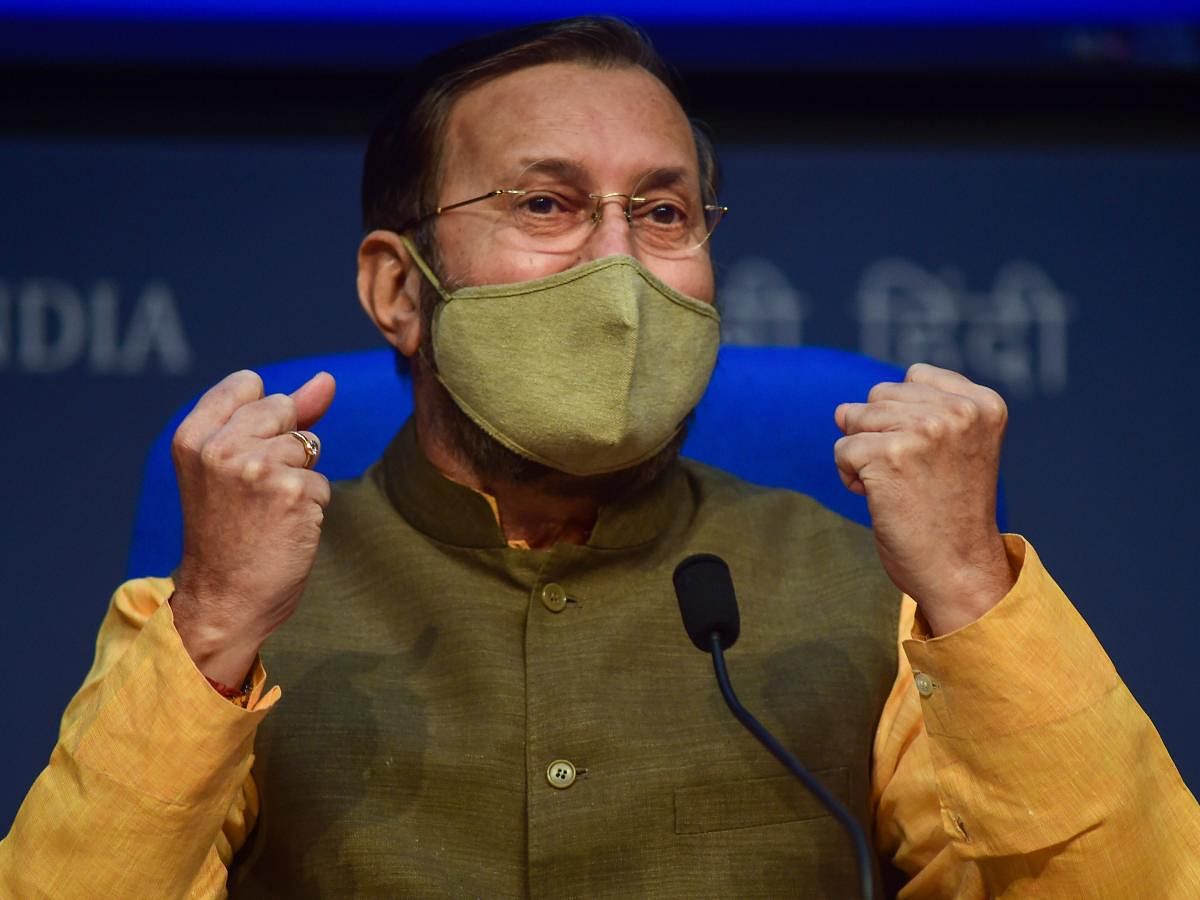
Last week’s government notification which brought a range of online content in the country within the ambit of the Information and Broadcasting (I&B) Ministry has raised concerns in many quarters. The content is of varied kinds, including news and current affairs, films and OTT platforms, and the fear is that the present move may lead to government control over all digital and online media. That fear is shared by those who are associated with the media and others who are its consumers. The government has in the past given indications of some regulation of online media. Questions have been raised as to why video streaming services cannot be subjected to some advance scrutiny and certification when films have to go through vetting by the Central Board of Film Certification. What is of greater public interest is the regulation sought to be imposed on other online and digital media, especially those that purvey news.
The order has brought the very popular and active new media sectors which deal with news and views under a government department’s supervisory authority. The constitutionally guaranteed freedom of speech and expression is involved here. The print and electronic media, which also handle news and views, self-regulate and the Press Council of India exercises oversight. But the dynamism and reach of the new media forums and the fact that they can be relatively easily set up by even a few people may have been the reasons for the government to think of regulating and exercising control over them. But normal laws like the IPC and the CrPC, with provisions relating to defamation, and a number of other laws are applicable to them, as in the case of conventional and electronic media. Online news sites and OTT platforms also exercise self-regulation. The need for a new regulatory initiative is thus not clear.
The government had made such a move in 2018 and withdrawn it in the face of protests. But the environment in the country is more conducive to controlling the media now because freedoms and citizens’ rights have been weakened and attacks on them have increased. Many journalists and critics of the government have been attacked and arrested and some of them have faced sedition charges. Internet and other communication facilities have been denied to the people of Kashmir for over a year. In view of all this, the government’s move to regulate digital and online media is an attempt to control the media and to curb free speech. It is not yet clear whether and how the new order is applicable to Facebook, Twitter, etc. In any case, it does not bode well for the future of free speech, which is essential for democracy.